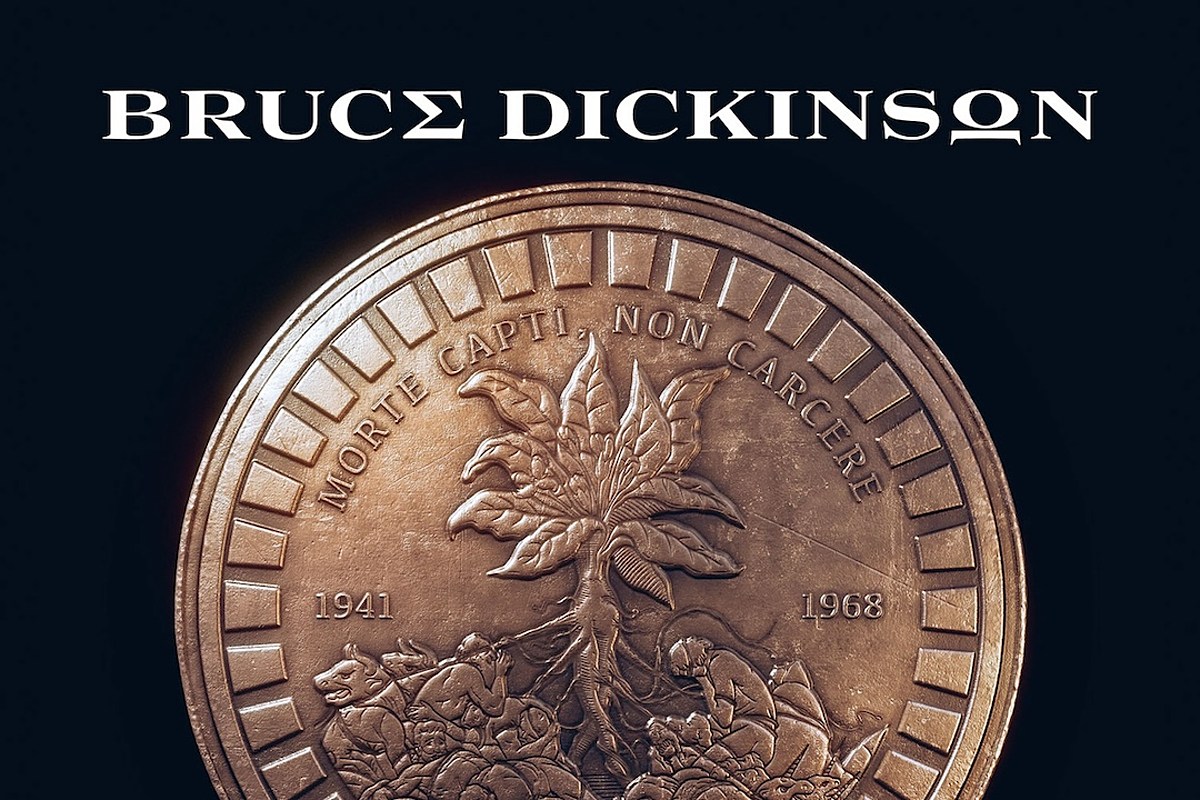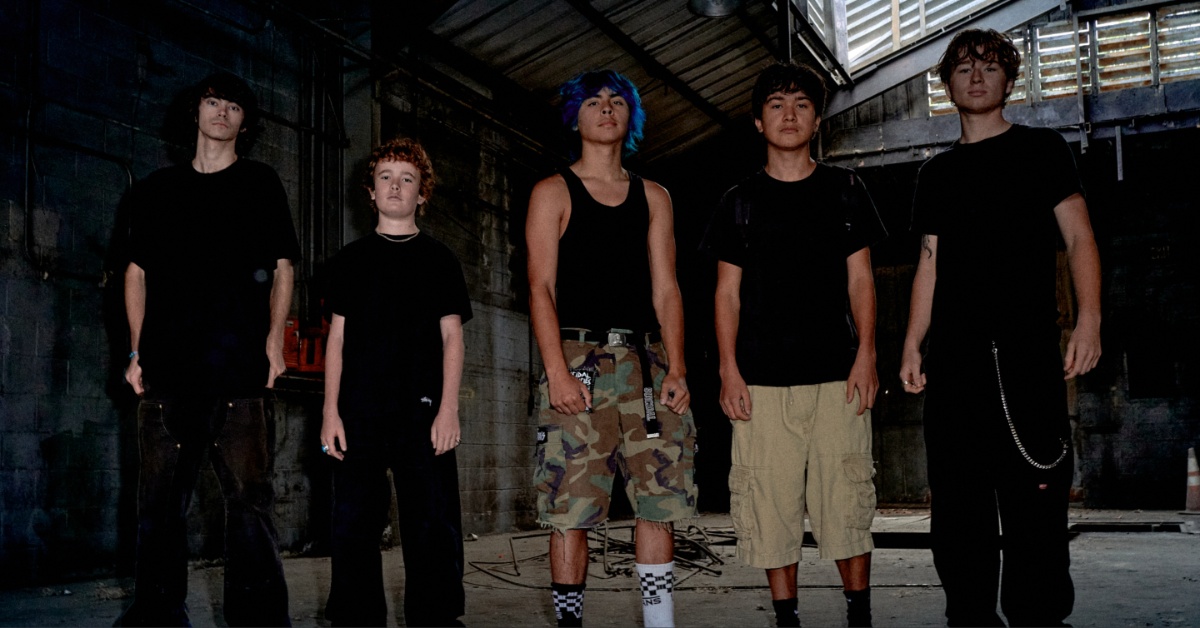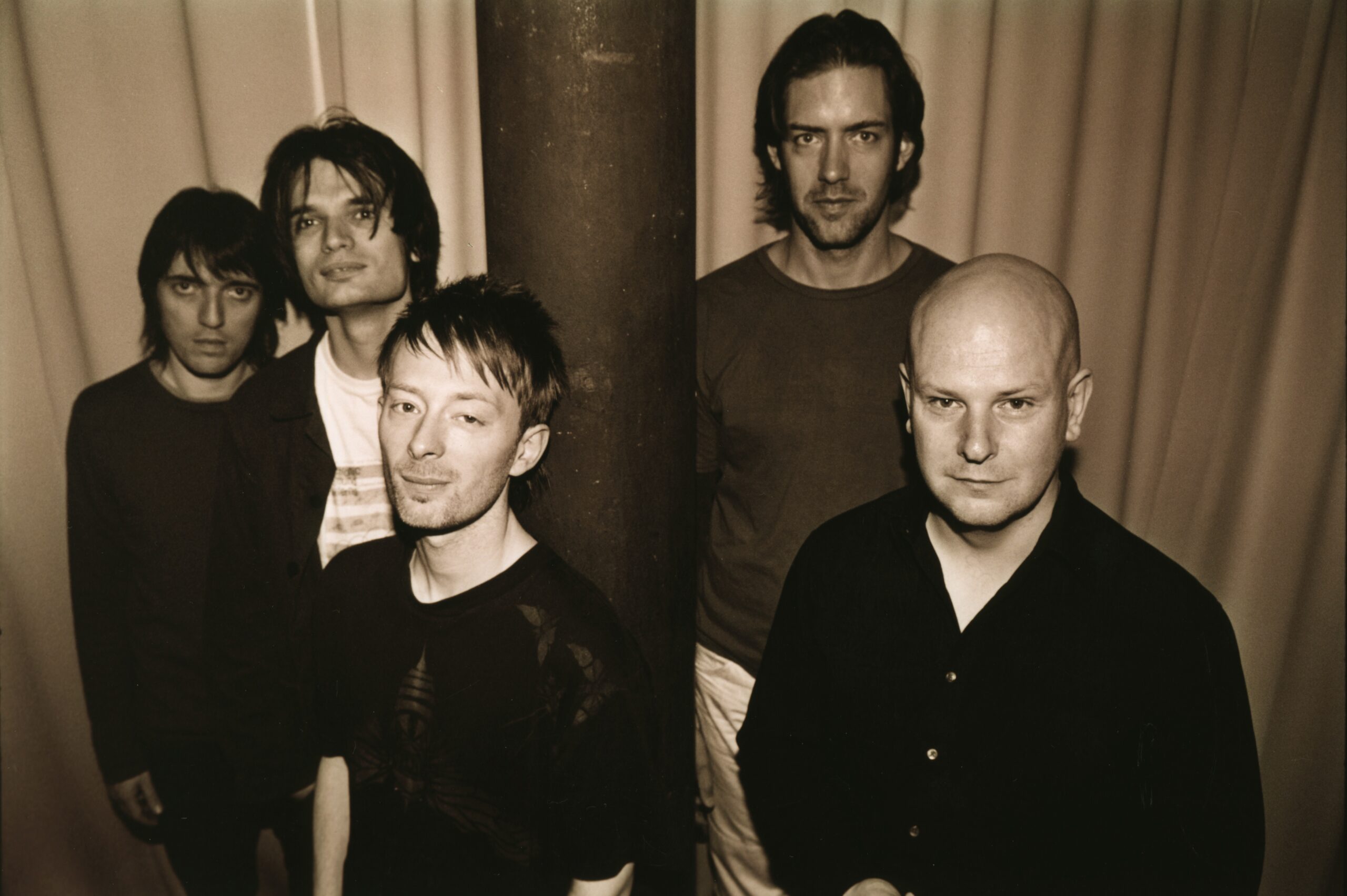Bruce Dickinson has always zigged where most artists would zag. He was still flying high in Iron Maiden when he first went solo with 1990’s Tattooed Millionaire, putting his spin on the pop-metal du jour he openly loathed. He quit the group three years later and released a series of increasingly adventurous solo albums with guitarist and collaborator Roy Z. When Dickinson rejoined Maiden in 1999, he refused to go through the motions with nostalgia bait, instead crafting a series of quasi-conceptual epics that challenged fans and the band alike.
Now, 19 years after his last solo effort, Tyranny of Souls, Dickinson is back with his seventh solo LP, The Mandrake Project, which boasts an accompanying 12-issue comic book series. Described as “a dark, adult story of power, abuse and a struggle for identity, set against the backdrop of scientific and occult genius,” it’s every bit as heady as one would expect from Dickinson. But more importantly, it’s another hook-laden scorcher that finds the 65-year-old vocalist on top of his game and thriving from his renewed collaboration with Z, who lights a fire under Dickinson with his superb guitar work and explosive production.
At 10 songs and 59 minutes, The Mandrake Project is considerably leaner and more sprightly than Maiden’s last two double albums, 2021’s Senjutsu and 2015’s The Book of Souls. Pre-release singles “Afterglow of Ragnarok” and “Rain on the Graves” are stuffed with vicious, chugging riffs and soaring choruses. “Many Doors to Hell,” with its four-on-the-floor drum intro and textural keyboards, is one of the most unabashedly poppy songs Dickinson has recorded in years. (That’s a compliment.) The singer has never given a “bad” performance on record, but he sounds rejuvenated on “Mistress of Mercy,” his operatic tenor slashing through the speed-metal riffage with stunning clarity.
READ MORE: Bruce Dickinson: If I Relived My Life, I’d Still Quit Iron Maiden
The Mandrake Project impresses in its slower, quieter moments, too. Dickinson becomes vulnerable in the plaintive piano ballad “Face in the Mirror” (“I drink to ease the pain / To dull this maddening roar / Oblivion again / In a house that has no door”) and bellows “save me now” with growing fervor on the 10-minute album closer “Sonata (Immortal Beloved).” It’s the second-most Maiden-like moment on the album behind “Eternity Has Failed,” a slower, doomier prototype of The Book of Souls’ “If Eternity Should Fail” that’s audacious, if not necessarily better than the 2015 recording.
For decades, Dickinson has been one of metal’s most thrilling and reliable beacons. He not only maintains that streak on The Mandrake Project but proves that after nearly a half-century, he’s still hell-bent on pushing himself to new heights, regardless of who’s backing him. Eternity may fail, but Dickinson keeps winning.
Iron Maiden Albums Ranked
When ranking Iron Maiden albums, perhaps the most striking thing is that they succeeded despite changing lead singers on three separate occasions.
Gallery Credit: Eduardo Rivadavia







